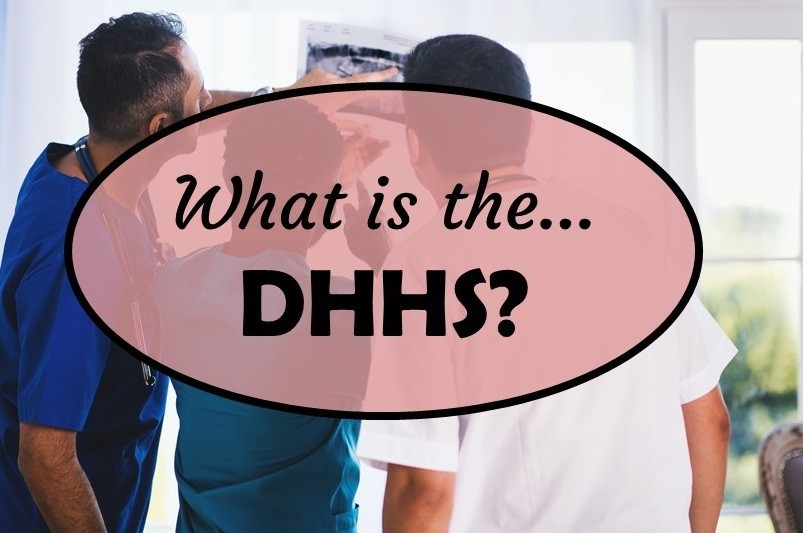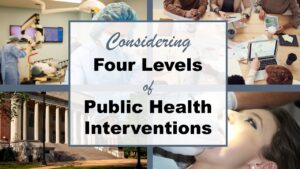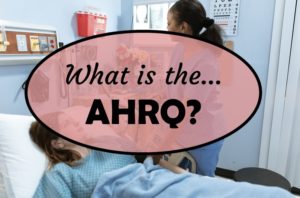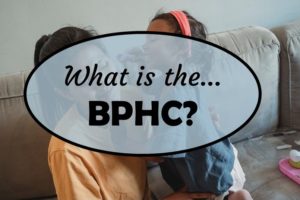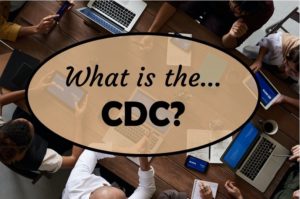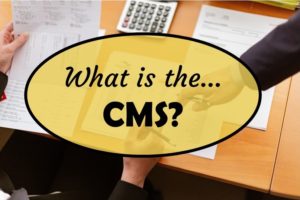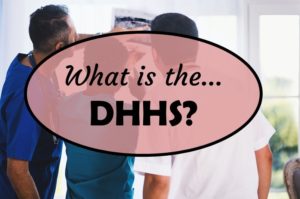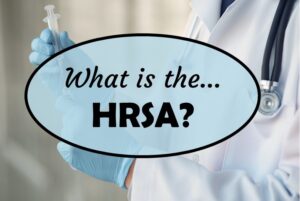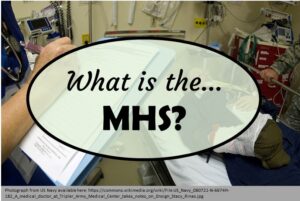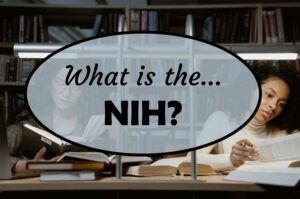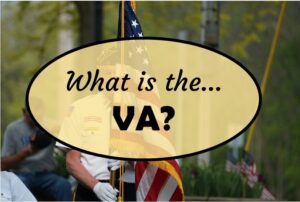“What is the DHHS?” is what I used to ask in the 1990s, when we still used letterhead. I was a research secretary, and I’d open mail that had very complicated letterhead. It would say DHHS on it, but also NIH, and CDC sometimes. Sometimes, it even said HCFA or OCR! I had no idea what was going on.
It turns out that the alphabet soup gets pretty dense with DHHS, because it is the top level health department in the federal government in the United States (US).
What is the DHHS?
DHHS stands for the Department of Health and Human Services. But you may hear people shorten it to HHS, which is just dropping the “department” part of the name. But since, in the early 2000s, the US created the Department of Homeland Security (DHS), and tried to combine some of the activities of the HHS with the DHS, I’ve been saying DHHS to make sure people know I’m taking about health and healthcare, not fighting terrorism.
DHHS is the overarching health department at the US federal government, and it is so big and powerful it’s hard to describe, so I will link you to their organizational chart. If you are reading all my entries in this blog series, you will see that DHHS is the head of a lot of the agencies I cover in my series: AHRQ, CDC, CMS, HRSA, and NIH, to name a few.
What does the DHHS do?
In theory, DHHS oversees all the other departments, and coordinates their efforts at health promotion and healthcare delivery. But in reality, DHHS seems to have no control over anything. For example, the CDC – one of its departments – is so confused and weak, it somehow is unable to issue mandates to require healthcare workers in the US to be vaccinated – especially in long-term care facilities. If the DHHS can’t control its providers, what can it control?
My Take on the DHHS
The reason I say DHHS now is to make sure no one ever mistakenly thinks I’m saying DHS. This is because I am 100% against DHS having anything to do with HHS. Fighting terrorism and civilian healthcare should have nothing to do with each other. In fact, they shouldn’t even be presented in an “either/or” scenario as they were in the early 2000s in the US. Because, if you think about it – if you asked the American people to fund anti-terrorism or fund their healthcare system and public health, we’d focus on the terrorism, and not do anything about chronic health problems like obesity. Then, when we have a global pandemic, we’d have no public health system to deploy, and everyone would die.
I believe the DHHS is weak because it is politicized. One component, the CDC, is so politicized it was essentially paralyzed during the pandemic. NIH is politicized into not studying the causes of poor health, which have to do with the breakdown of our healthcare system, the development of our prison system, gun and police violence, and instead studies quaint things like “smoking”.
You might wonder why all of these departments are so politicized in a so-called democracy. It’s because about 10% of the US gross domestic product (GDP) goes towards healthcare, and a large share of those funds go directly into profits of insurance companies. The insurance lobby basically runs our healthcare system, so if DHHS doesn’t make them happy, then we won’t get any taxes to pay for DHHS. I know that sounds like it shouldn’t work that way, but because we don’t have universal healthcare in the US, that’s essentially the way it works.
Now when we ask, “What is the DHHS?” my answer is a failed department. It has all the components in it to at least pretend to make a robust attempt to oversee our healthcare and public health system and try to hold players accountable. But it doesn’t even put a dog in the fight. DHHS leaders refuse to show bold leadership and crack down on their departments. Until this happens, I don’t see the US healthcare crisis going away anytime soon.
Updated July 30, 2021. Added banner November 2, 2022. Updated December 29, 2023.
Read all the public health alphabet soup posts, and learn about the public health landscape!
My answer to, “What is the DHHS?” is, “A failed department”, but it is important to examined exactly what they have failed at, and how.

